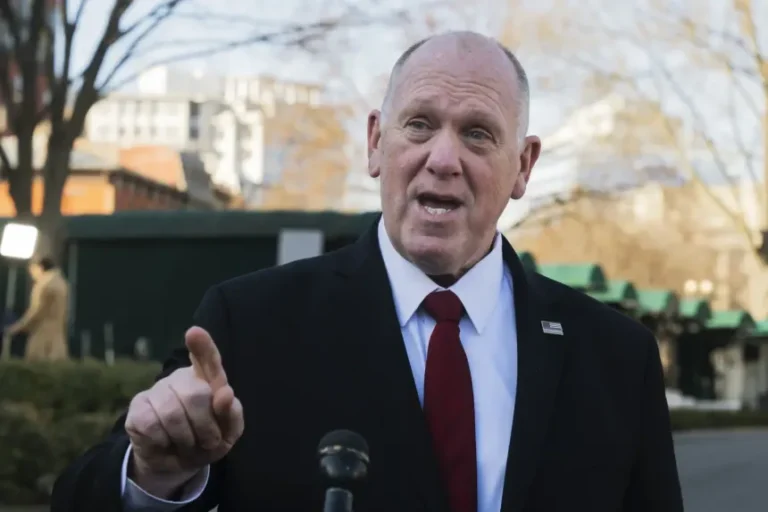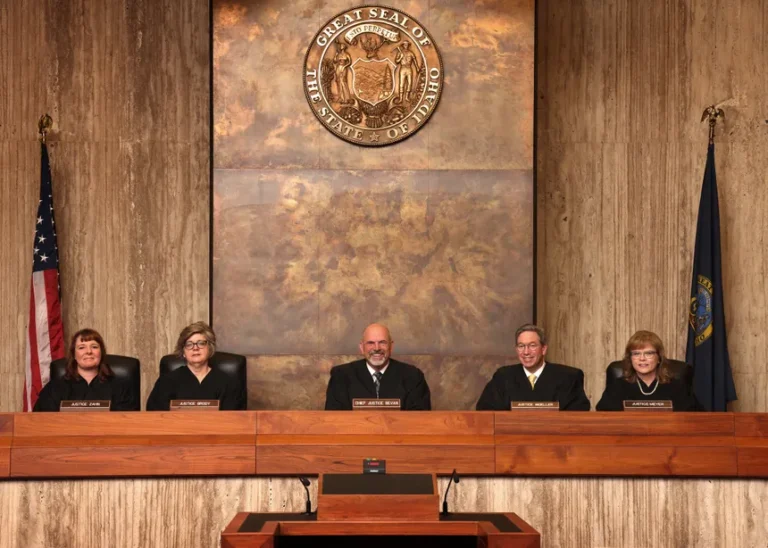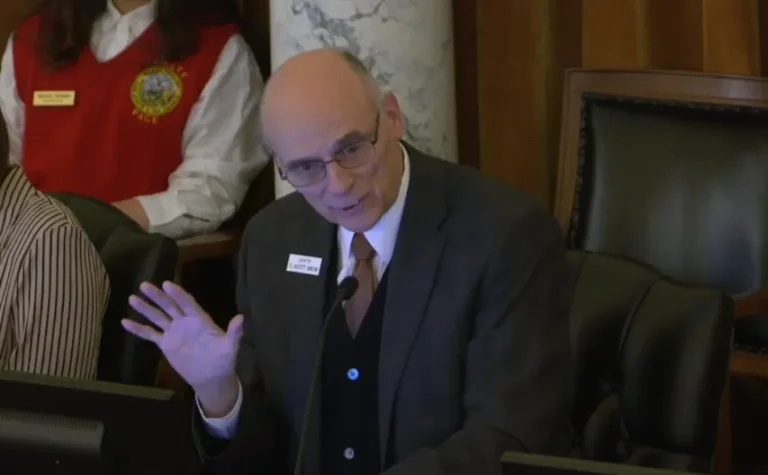
Trump’s Policy Bill Clears House, Faces Active Discussion in Senate
WASHINGTON — May 23 — President Donald Trump’s sweeping legislative package, passed by the House in the early hours of Thursday morning, now faces deliberation in the Senate as Republican lawmakers review key components of the 1,116-page bill.
Described by the president as a “big, beautiful bill,” the legislation includes priorities such as Medicaid reform, targeted rollback of clean energy incentives, spectrum auction authority, and changes to state and local tax (SALT) deductions. While broadly supported by House Republicans, some Senate conservatives are calling for modifications before advancing the bill.
Senate Republicans Seek Adjustments on Debt, Medicaid, and Energy
A primary concern among several Senate Republicans is the bill’s projected effect on the national debt. The Congressional Budget Office estimates it could increase the federal deficit by $3.8 trillion over the next decade, prompting calls for deeper spending cuts.
Sen. Rand Paul (R-Ky.) voiced opposition to the bill’s current form, particularly the provision raising the debt ceiling by $4 trillion over two years.
“It’s not fiscally conservative to approve a historic debt ceiling increase without corresponding reforms,” Paul said.
Sen. Ron Johnson (R-Wis.) echoed those concerns, stating he and at least three other senators would oppose the bill unless spending reductions were strengthened.
Medicaid and Rural Health Remain Key Focus Areas
The bill includes reforms to Medicaid cost-sharing and provider tax structures that some senators worry could disproportionately impact rural communities. Senators Josh Hawley, Susan Collins, Lisa Murkowski, and Jerry Moran have raised concerns about the potential effects on low-income individuals and rural hospitals.
Sen. Hawley emphasized the importance of ensuring reforms do not burden working-class Americans.
“We need to be cautious not to increase out-of-pocket costs on those already struggling,” he said.
Trump has urged lawmakers to proceed cautiously on Medicaid, reportedly telling House negotiators earlier this week: “Don’t mess with Medicaid.”
Clean Energy Incentives and Private Investment
Another area of discussion involves the bill’s phaseout of clean energy tax incentives from the Inflation Reduction Act. While aligned with Trump’s push for energy reform, some Republican senators—particularly those from states with significant renewable investment—have asked for a more gradual transition to avoid economic disruption.
Sen. Thom Tillis (R-N.C.) and others suggested the bill should allow an “offramp” for businesses with ongoing clean energy projects.
“We need to ensure policy changes don’t undercut private-sector investments already made in good faith,” Tillis said.
Spectrum Auctions and National Security
One lesser-known but significant provision in the bill involves the auction of government-owned spectrum. Sen. Mike Rounds (R-S.D.), a member of the Senate Intelligence Committee, has flagged the issue as a national security priority, urging revisions to ensure protection of Department of Defense and intelligence assets through 2034.
“This is of critical national importance. It must be safeguarded,” Rounds said.
SALT Deduction Changes Also Under Review
A proposal to raise the SALT deduction cap from $10,000 to $40,000 has gained traction in the House but faces mixed reactions in the Senate. The provision, backed by Republicans from high-tax states, would phase out for incomes above $500,000.
Sen. Mike Lee (R-Utah) and others signaled the issue will be revisited during Senate negotiations.
Speaker Johnson Cautions Against Unraveling House Coalition
Speaker Mike Johnson (R-La.) has warned Senate colleagues that sweeping changes to the bill could threaten the coalition he assembled to pass the measure in the House. While Senate Republicans have signaled intentions to propose revisions, Senate Majority Leader John Thune emphasized a collaborative approach.
“Our members want to be heard. We’ll work through these issues together,” Thune said.
What’s Next
The Senate is expected to begin formal discussions on amendments to the bill in the coming days. While debate over fiscal priorities and policy specifics continues, the legislation represents a significant step forward in advancing President Trump’s second-term domestic agenda.





